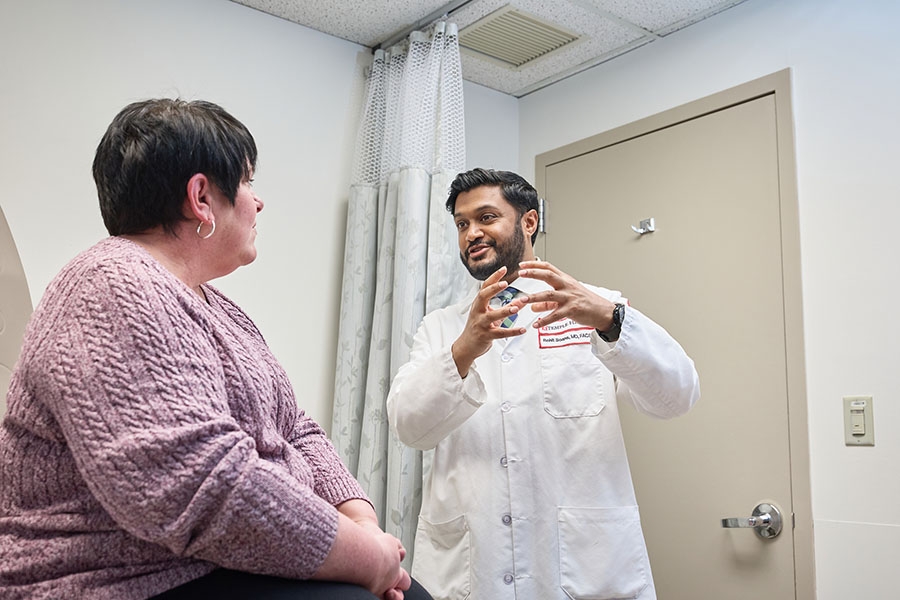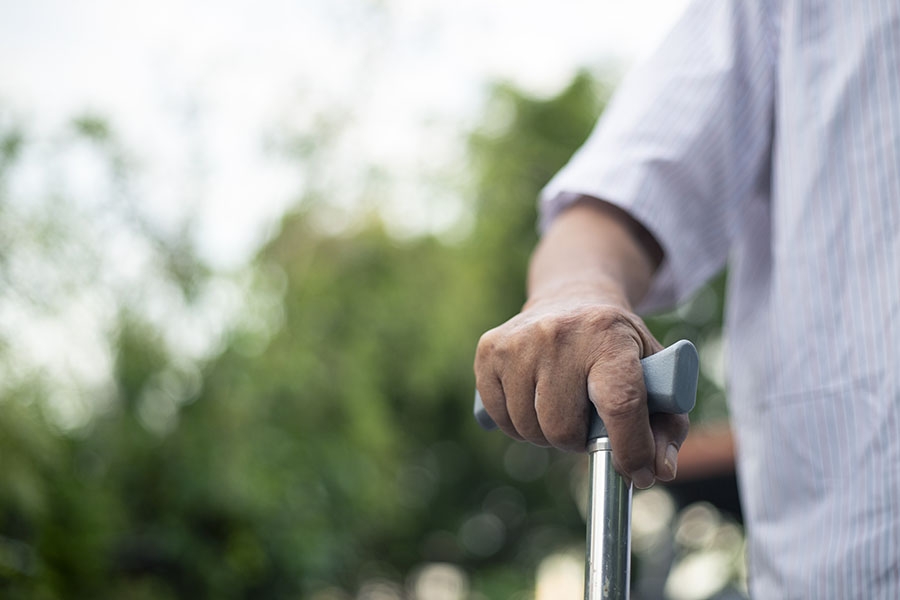Dr. Terry Heiman-Patterson has dedicated her entire career to caring for patients with neuromuscular diseases such as ALS.
As Director of the Temple MDA/ALS Center of Hope, she is leading many of the nation’s pivotal clinical trials that are testing new medications to slow the disease down and improve patients’ quality of life.
The quickened pace of these trials, along with the introduction of new assistive devices for patients, leads Dr. Heiman-Patterson to be more hopeful than ever that progress is being made in this field.
Q: Why are neuromuscular diseases so insidious?
Dr. Heiman-Patterson: Neuromuscular diseases weaken the body’s nerves and muscles. ALS, also called Lou Gehrig’s disease, is the one most people know. These are degenerative diseases, meaning patients progressively get worse and lose function. They go from walking and talking and breathing to not being able to move anything.
On average, a person diagnosed with ALS will live 36 months. It’s also a challenging disease to diagnose. The average time to proper diagnosis is 12 to 14 months, meaning you’re almost halfway through the course of the disease before you know what you have.
Q: Why are you so passionate about caring for these patients?
Dr. Heiman-Patterson: When I was young and finishing my fellowship, I was called to the ICU to evaluate a patient who was thought to have ALS. She had muscle weakness and was in respiratory failure, but no one had diagnosed her yet.
I did my workup and determined she did in fact have ALS. She was young and had a family. We had nothing to offer her other than supportive care. I went home that day and knew I had to pursue this field. That patient really meant something to me.
Q: In what ways is Temple a leader in fighting neuromuscular diseases?
Dr. Heiman-Patterson: We're very involved in the national research and clinical trials that are testing new medications to slow the progression of ALS. There are more clinical trials running today than at any other time in my career, and Temple is involved in most of them. We also engage in basic science research, looking for biomarkers that can help us better diagnose and track the progression of these diseases.
New devices are another area of involvement. We work with engineers and outside companies who are developing new technology to help patients better control their environment and improve their quality of life as their muscles weaken.
Q: You use the word ‘hope’ a lot, why?
Dr. Heiman-Patterson: It’s what I try to instill in my patients. I have absolutely seen advances in this field during my career. We now have drugs that can slow the progression of the disease in some people. Before, we had nothing. Many patients come to me not knowing these drugs exist, not knowing there are options we can give them. When I’m talking to patients and their families, I never whitewash anything. I always tell them the truth about their disease, but I leave them with hope.
Helpful Resources
For Patients
For Physicians


